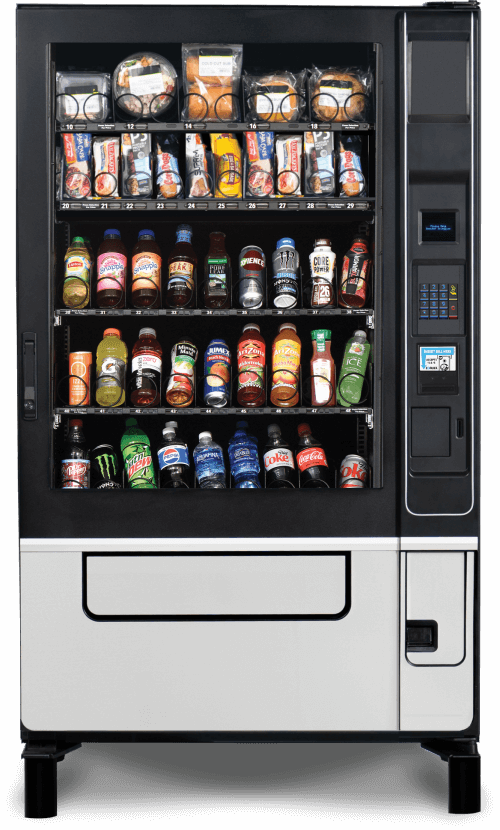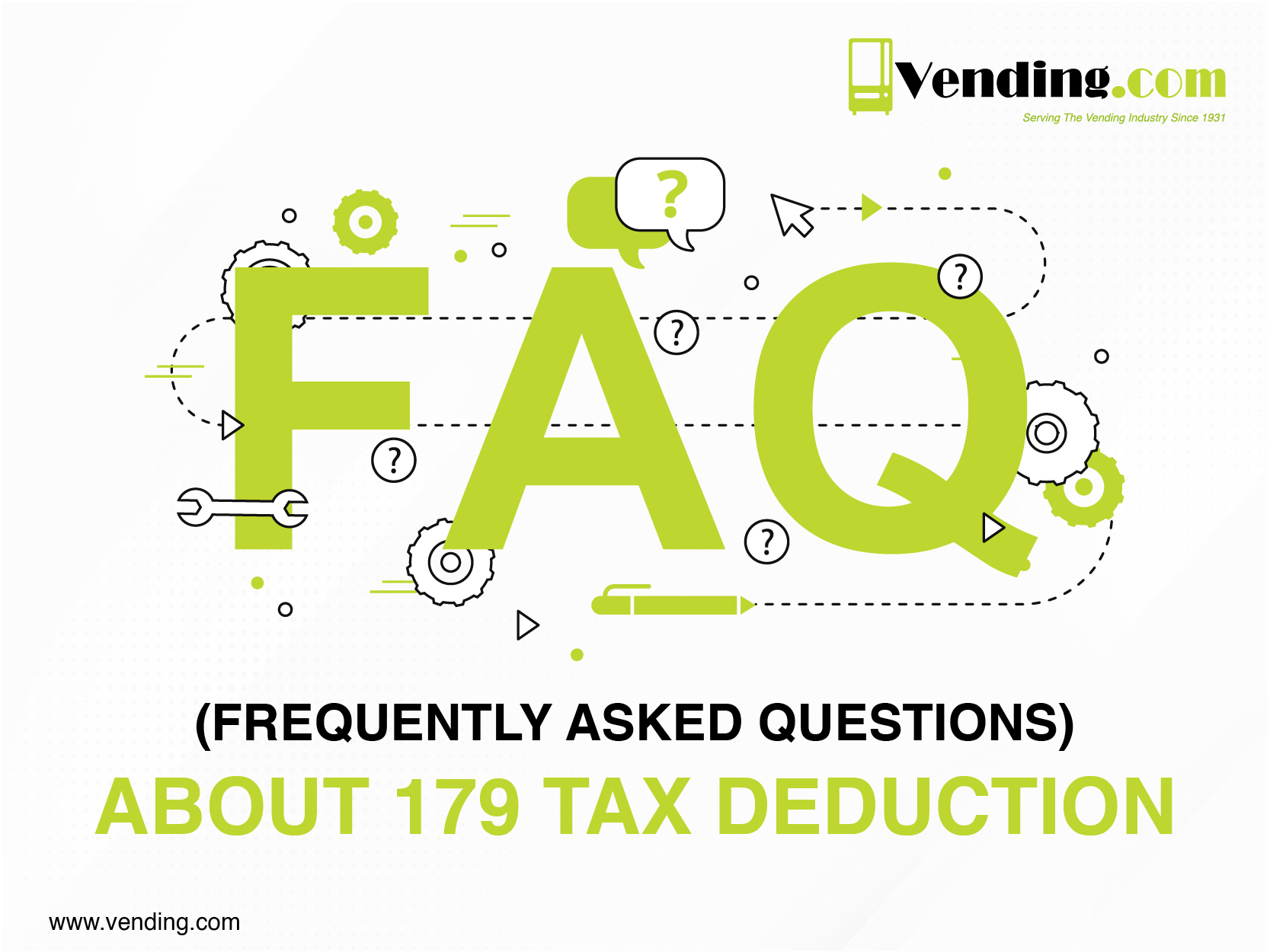Navigating the maze of tax regulations can be an intimidating endeavor, but with the correct information at your fingertips (especially information that benefits), this 2023 business tax deduction becomes significantly more manageable.
Section 179 of the U.S. Internal Revenue Code is a provision that reduces expenses for business owners who purchase depreciable business equipment, vehicles, and software. More precisely, while businesses must deduct an asset’s value over several years, Section 179 allows the entire depreciation deduction in the same year of purchase, constituting a practice known as first-year expensing.
This tax code was first enacted in 1958 to drive economic growth and offer a helping hand to businesses, especially small and medium-sized enterprises (SMEs).The 179 tax deduction was primarily enacted to motivate businesses to purchase and use qualifying equipment in the same tax year. By offering a substantial tax break upfront, the government intends to inspire business growth and, as a result, stimulate the economy.
How Does Section 179 Work?
Let’s say you have purchased a new vending machine for your office. The general way of tax requires you to deduct a portion of this machine’s cost over a few years, which forces you to track depreciation for an asset that may not be useful in the long run. Section 179 allows you to deduct the entire expense of the single year immediately. Let it be clear that while the tax code may not increase, the amount you can deduct in a single year offers immediate benefits from the deduction. Check out the video below to learn more about the Section 179 Tax Deduction.
Who Qualifies?
Section 179 Tax Deduction applies to businesses that purchase, finance, and/or lease new or used business equipment during the tax year. The provision benefits sole proprietors, partnership firms, an LLC (Limited Liability Corporation), and corporations as long as they comply with the criteria in the IRS guidelines.Long story short, most small and midsize business owners qualify for this 2023 business tax deduction for the following purchases:
- Machines and manufacturing equipment
- Personal property used for businesses
- Computers and software
- Office furniture
- A piece of equipment
- Improvements to non-residential buildings, including HVAC, security systems, and fire protection.
What Are The Limits of Section 179 For Taxes Filed in 2024?
For the 2023 tax year (taxes filed in 2024), the maximum business deduction allowed under Section 179 will be $1,160,000. Businesses may reach this total through a combination of expenses, but there is a cap on the number of eligible equipment you can buy before receiving a donation.
When you utilize property valued over $2,890,000 that qualifies under Section 179 Tax Deduction, the ceiling for your deductions starts to reduce by the surplus of this limit.
Final Words
We’re always here to help and support our valued customers, but we do recommend consulting with your tax advisor regarding how these tax-saving opportunities apply to your situation.
Section 179 Tax Deduction encourages 2023 businesses to invest in themselves, providing an immediate financial benefit and promoting economic growth. By understanding the eligibility criteria, calculation, and common misconceptions, businesses can make informed decisions and take full advantage of this beneficial tax provision.
Looking to take your business to the next level? Financing vending machines and other equipment is the boost you need, and now is the perfect time to do it! If you’re considering investing in vending equipment this year, the 2023 Section 179 Business Tax Deduction could be your golden ticket to major savings. Take advantage of this opportunity to propel your business forward. Get in touch with Vending.com to get started.

